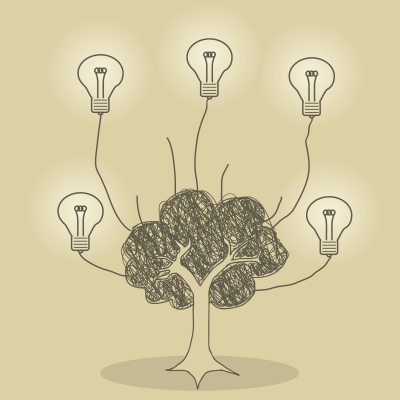Panoramic Awareness
Chogyam Trungpa Rinpoche
Related Posts:

The first post in the blog, and it's recursive - this post is about itself and the phenomenon of blogging. The set of activities that comprise maintaining a blog could be quite beneficial - from mental discipline to public speaking to maintaining and improving one's writing skills, it may be an important yet overlooked tool.
There are two more, somewhat utilitarian and obvious reasons for having a blog, and that is to share discoveries and insights about this world, and to function as an online portfolio, a business card, a straightforward way for an interested party to see what type of discourse they should expect from this writer.
Maintaining a blog is akin to operating a communications mechanism, the type that lets practically anyone of the billions of people with as little as a smartphone to express themselves, and potentially to be heard. It appears as if, reified by the universal accessibility of this medium, over the past two decades our species has grown a new communications appendage, and is now figuring out what to do with it. So, how do I use this new appendage for my own benefit?
With a tacitly guaranteed audience, by way of a form of A/B testing, it is possible to learn invaluable details about oneself, and her/his place in relation to others. Further, by strategically and deliberately making specially crafted statements in front of the largest audience possible, we force ourselves, even if only subconsciously, to defend our points elsewhere in our daily lives. To avoid dissonance we align our ways of thinking so as to make them consistent with our public announcements. A directed way of using this phenomenon gives us a tool to produce a more specific, more meaningful experience of possessing a self.
A communications platform such as the blog, combined with the practically universal access and exposure to the Internet may have given us a tool to adjust parts of ourselves that we aren't happy about.
During the Korean War, thousands of American POWs were shipped off to prisoner camps in the Communist China. These soldiers, trained to only give out their name, rank and number, after a stay at one of these camps, were not only writing prolific anti-American texts voluntarily, they quite honestly wanted to stay in China.
Psychologists later discovered the simple technique the Chinese employed - they had the prisoners write down short benign statements about things that "aren't perfect" in America. The statements were expanded into essays that were read out through the loudspeakers. In the instinctive attempt to maintain positive self-image, the prisoners developed biases that would allow them to selectively perceive the circumstances in the way that justified and validated their actions. In a manner of speaking, the Chinese had the POWs reconfigure their own identities over a period of time.
Our various experiences plus our temperaments mold who we become in life, but can we change purposely? Can we cease to be chiseled by our reactions to random events, and instead make ourselves into persons that we would want to be? A communications platform such as the blog, combined with the practically universal access and exposure to the Internet may have given us a tool to adjust parts of ourselves that we aren't happy about.
Related reading:
Cognitive Dissonance -
http://www.simplypsychology.org/cognitive-dissonance.html
Free Will -
http://plato.stanford.edu/entries/freewill/
American POWs in China -
http://atroche.org/post/61633164818/how-china-brainwashed-american-pows-using-a-classic